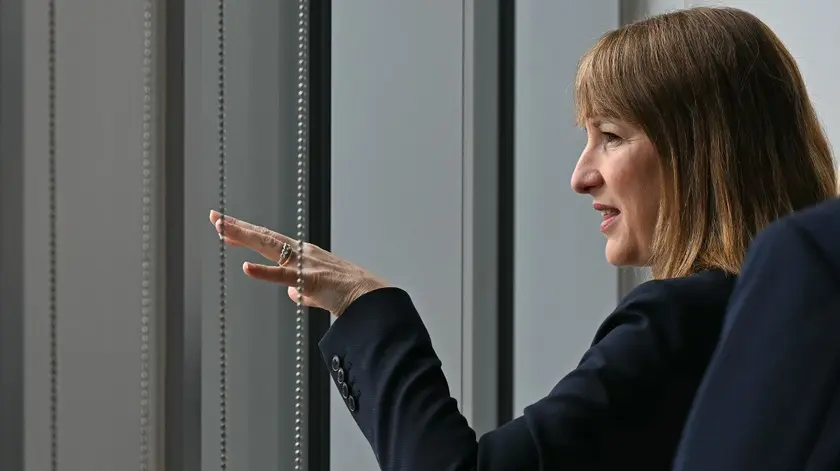T4K3.news
UK borrowing slows in July as Reeves gains room ahead of budget
July borrowing comes in below forecasts, giving Reeves room to steer tax policy ahead of the autumn budget.
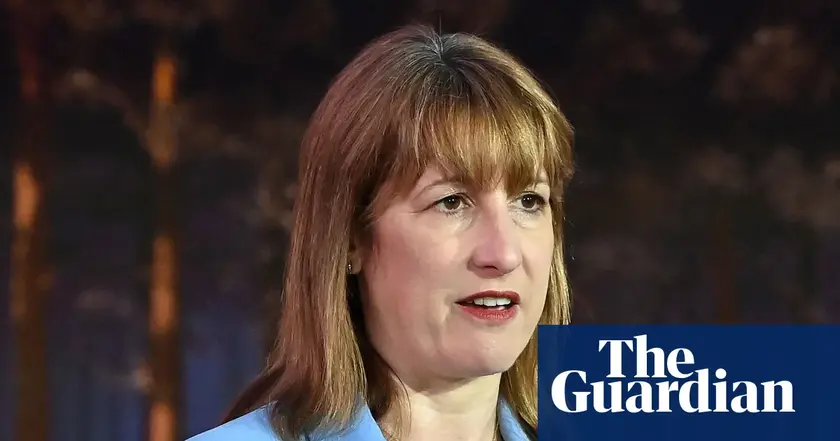
July borrowing falls short of expectations, giving Reeves space to set tax plans before the autumn budget.
UK borrowing slows in July as Reeves gains room ahead of budget
Public sector net borrowing in July was 1.1 billion pounds, the Office for National Statistics said, the lowest July figure in three years and well below City forecasts. The month benefits from a tax deadline, but receipts were pressured by a softer economy and a cooling jobs market. For the first four months of the financial year, borrowing stood at 60 billion pounds, about 6.7 billion higher than the same period last year, marking a still-serious upward drift.
Chancellor Rachel Reeves is weighing tax-raising options for the autumn budget as higher debt interest payments bite and growth remains weak. Reports indicate ministers are considering measures on inheritances and property taxes, while Reeves continues to emphasize boosting growth through capital investment and planning reform. Darren Jones, the chief secretary to the Treasury, said too much taxpayer money goes to interest on the national debt and urged steps to cut borrowing so services can improve.
Key Takeaways
"Borrowing this July was £2.3bn down on the same month last year, and was the lowest July figure for three years. This reflects strong increases in tax and national insurance receipts."
ONS deputy director for public sector finances Rob Doody commenting on July borrowing.
"Far too much taxpayer money is spent on interest payments for the longstanding national debt. That is why we are driving down government borrowing over the course of the parliament so working people don't have to foot the bill and we can invest in better schools, hospitals, and services for working families."
Darren Jones, chief secretary to the Treasury, outlining the policy aim to reduce debt service costs.
The July data offer a temporary relief headline, but the longer trend remains fragile. If Reeves can frame tax measures as a route to sustainable growth rather than a cash grab, she could win political room for necessary reform. Still, any tax shift risks public backlash and political pushback from opponents who view higher levies as a drag on spendings and welfare. The real test will be whether increased revenue is paired with credible growth strategies that protect essential services and maintain fiscal discipline.
Highlights
- Debt is the quiet tax the future pays
- Growth needs real reform not headline numbers
- Tax changes should light a path not burn a bridge
- Autumn budget or not, trust is built on plan
Budget pressure raises political risk
The July borrowing data and potential tax measures touch high-stakes political sensitivities. Tax changes may invite public backlash and offshore debates about fairness and growth. The autumn budget will be scrutinized for how revenue plans align with growth and service funding.
The budget path will depend as much on trust and clarity as on numbers.
Enjoyed this? Let your friends know!
Related News
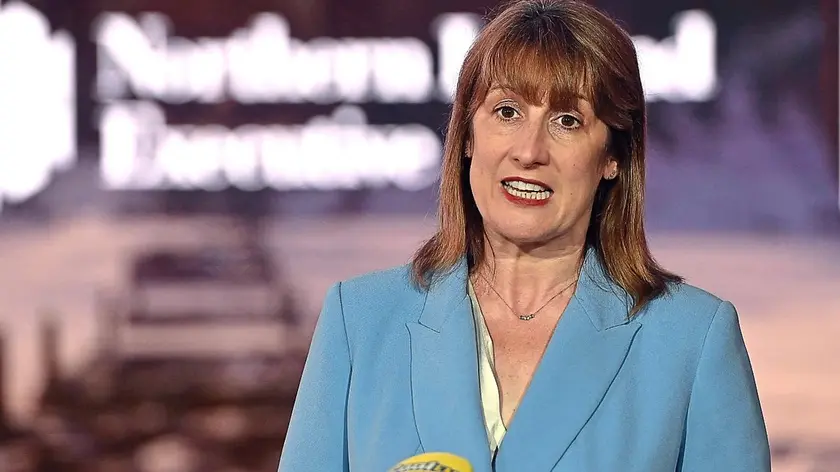
Tax policy under pressure in autumn Budget
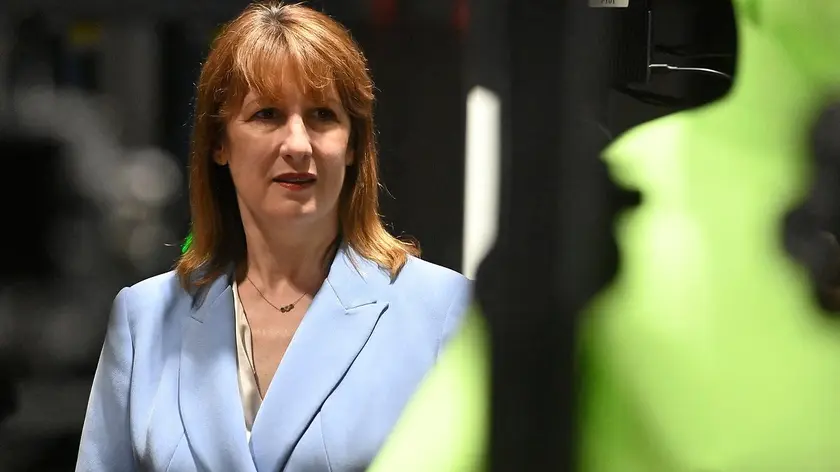
Debt rises in Labour's first year
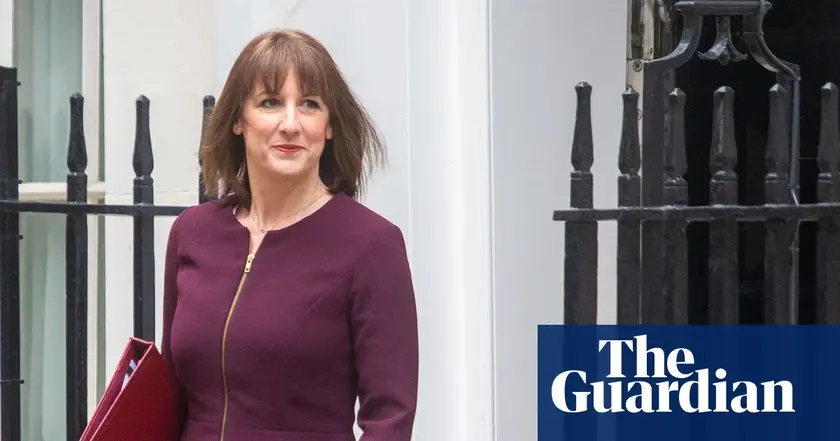
Treasury weighs IHT tweak up ahead of budget
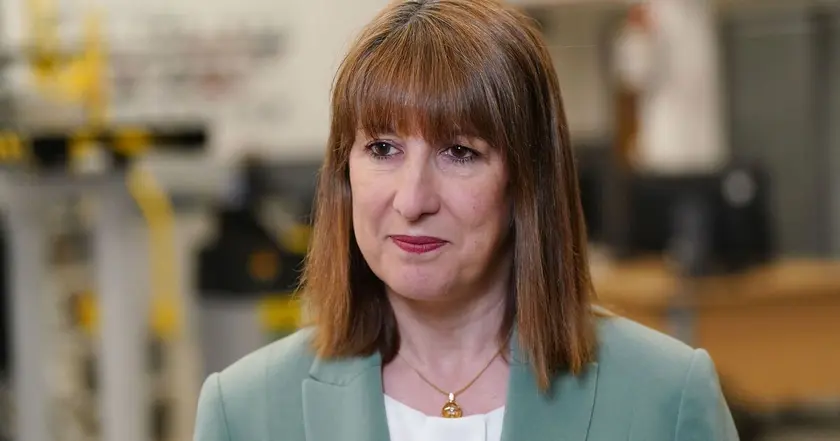
Budget strain prompts tax questions

UK economy grows modestly

UK economy grows in Q2

Reeves eyes broad tax hikes in Autumn Budget

UK borrowing slows in July
